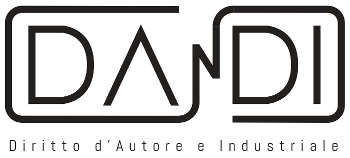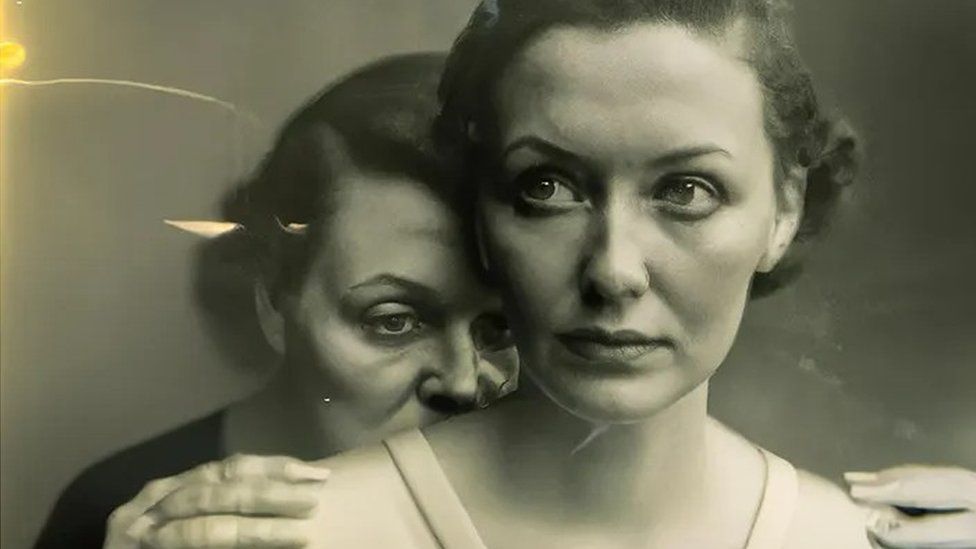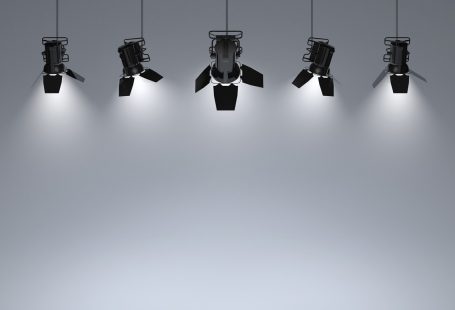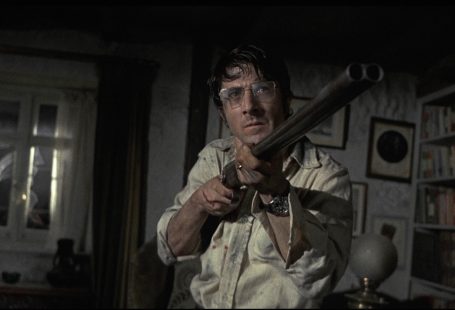Artificial intelligence meaning
Artificial intelligence, also called AI, studies whether and how computer systems can be made that can simulate human thinking. AI learns from the experiences it encounters. It can adapt itself to new inputs. It can now mimic human reasoning. Personal assistants with artificial intelligence, such as Siri or Alexa, have been around to serve military purposes as well since 2003.
Artificial intelligence pros and cons
AI is an innovation that has several advantages and disadvantages
Here are the advantages:
- it completes routine tasks with ease.
- can work indefinitely.
- makes fewer mistakes.
- it helps us explore.
Here are the disadvantages:
- it has a high cost.
- reduces job opportunities.
- Will have the task of making one’s own decisions.
- lacks creativity….or does it?
Regarding this last point, which I have considered a disadvantage, from a copyright point of view, the substitution of machine for human causes quite a few problems especially one wonders who should be considered the real author of a work of art developed with the help of an AI.
Artificial intelligence examples
Supreme Court Order No. 1107 of Jan. 16, 2023, recognized that a work created by AI is comparable to the elaboration of a work of genius and does not affect any creative contribution by the author. The protagonists in the case are RAI on the one hand and architect Chiara Biancheri on the other. We discussed it here.
Boris Eldagsen’s photography
Artist and photographer Boris Eldagsen answers the question by rejecting the Sony World Photography Award for his AI-generated work. For Eldagsen, the contest could not admit work made by a machine. For the organizers, on the other hand, it was not possible to determine the extent to which artificial intelligence had intervened.
The work submitted by Boris Eldagsen to the Sony World Photography Awards is titled The Electrician. It is a portrait, in a vintage 1940s style, of two women in an enigmatic pose, one crouched over the other, with a third person’s hand reaching toward the one in front.
It is part of a series called Pseudomnesia: Fake Memories, made by subjecting the commands to be processed many times to an artificial intelligence system. In the process, the work was altered using specific techniques such as inpainting, which allows the reconstruction of missing or corrupted parts of an image, outpainting, which extends the background of the image, and prompt whispering.
The episode reignites a debate of our times focused on the connection between artificial intelligence and authorship in the realm of creativity, an activity considered specifically human.
Dandi Law Firm provides legal assistance in Copyright. Check out our Services or contact Us!





